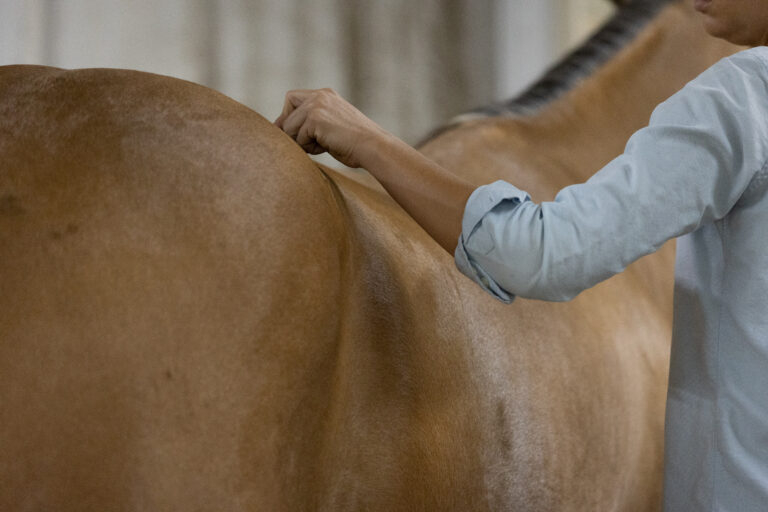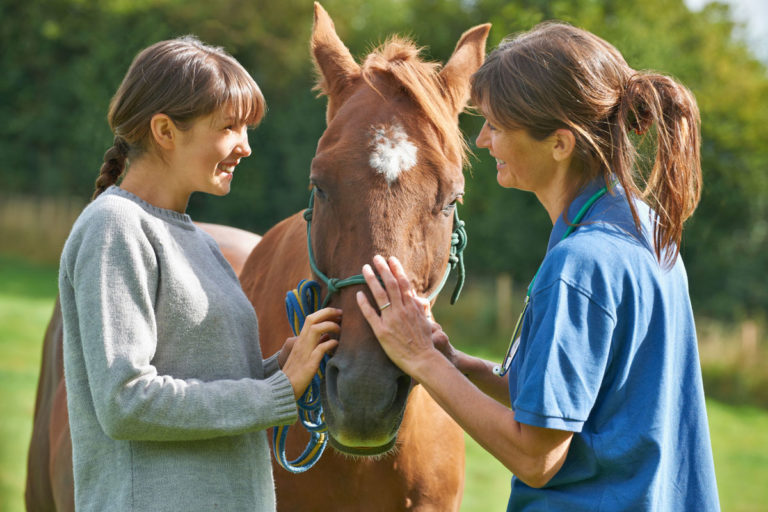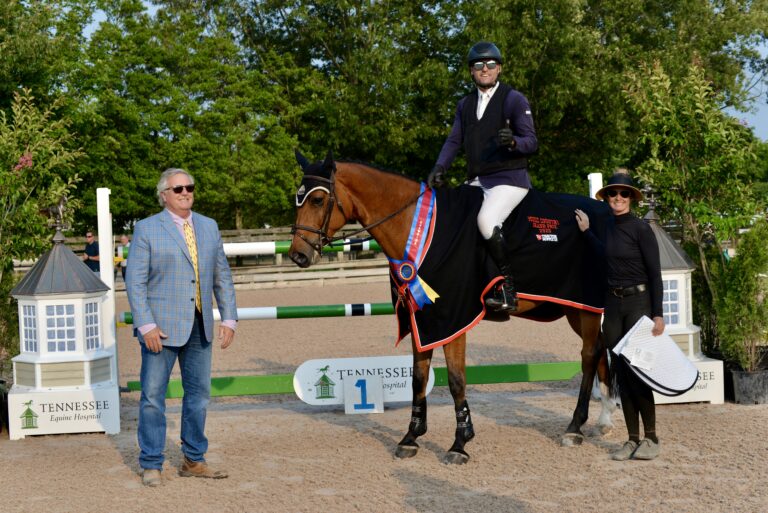
Your practice culture is critical to the success of your veterinary business, according to Mike Pownall, DVM, MBA. He said that practice culture can be intentional, or it just happens.
“The best way you can describe [practice] culture is ‘how do people behave when the boss isn’t around.’ But really ‘it’s just the way you do things around here,’ ” said Pownall.
He noted that some practice cultures are very formal and respectful. Other practice cultures are more laid back and casual. Practice culture usually starts at the top, and other members follow what they see and know from those leaders.
“That’s why you see some practices with a ‘loosey-goosey’ culture, and other practices are less so,” said Pownall. “None of them are right or wrong, it’s just what is appropriate for that practice.”
Creating Practice Culture
How does a practice culture come into being?
“There’s the culture that just ends up happening, and there’s those [cultures that are created] that are because ‘That’s what I want,’ ” he said.
Pownall said to create a practice culture, leaders need to determine what behaviors you want your team to demonstrate. “A lot of that can be projected by the founders [of the practice],” he noted. “If you want a good culture, it should be based on your values, your purpose and your vision. These aren’t something we are going to agree on, and print and post in the break room to collect dust. These are things that we are going to use to make decisions. ‘If we do this, is it in line with our values.’
“Tying in with that is your purpose,” he added. “Some people think of that as your mission, or why you are in business and what does that look like.”
Pownall said in their practice, their practice culture is to “give horse owners peace of mind about the decisions they make about the health care of their horse.”
“We use that phrase every day,” he noted. “If we get a customer complaint, it’s usually because we haven’t given them peace of mind. It helps us hire the right people to deliver that. It makes everyone sensitive that we are a customer-service driven practice because that is our focus.”
He said his practice’s culture also include four core values: evolve, collaboration, accountability and excellence. He said these are also important when hiring to ensure the potential staff understand what the practice stands for.
Changing Practice Culture
Can a business change its existing practice culture? “Yes, but only if the leaders want it to change,” stated Pownall. “I’ve worked with practices on this subject. They say, ‘Hey, our culture is a little toxic. Nobody gets along. Can we change it?’
“We do the exercises, help develop values, a purpose and a vision—where does this practice want to go in 10 years. But if the owners or lead vets say, ‘You know, let someone else handle it. I’m just going to keep on doing my own thing,’ then it’s not going to work,” stated Pownall.
“I’ve been in situations where I’ve said, ‘We’re going to stop now. Unless you as the leaders demonstrate the values and behaviors you want others to do, it’s not going to work,’ ” he said.
Practice Culture for All
Pownall spoke in the podcast about practice culture and how it worked for veterinarians, associates and staff.
“Vets can leave and go anywhere,” he stated. “Practice culture is a very underrated recruiting tool.”
To learn more about how McKee-Pownall Equine Services has successfully used practice culture to recruit and retain veterinarians and staff, listen to the podcast.
About Dr. Mike Pownall
Prior to becoming a veterinarian, Mike Pownall, DVM, MBA, was a farrier for seven years. Pownall worked with a farrier/veterinarian in the U.S. with special interests in lameness and hoof disorders. Upon returning to Canada, he started his own business with a clientele consisting of jumpers, 3-day eventers, dressage horses, pleasure horses and hoof-related lameness cases. He also passed the Certified Farrier test of the American Farriers Association.
After more than 10 years of practicing in the field with a focus on lameness, podiatry and dentistry, Pownall now consults with the veterinarians of McKee-Pownall on lameness and podiatry cases. A major part of his role now includes managing the practices. Pownall also speaks internationally about social media and practice management for veterinarians.
Pownall is the Canadian Manager of Growth Strategies and Marketing for Oculus Insights. He said his purpose in operating his own veterinary business or helping others in the profession is to make the veterinary workplace and profession somewhere that people are eager to go to every day. “I want people to be excited to go to work and share that enthusiasm with their clients and patients.”
Pownall’s main topics of interest in equine veterinary business are:
- Strategy development
- Marketing
- Human resources
- Developing new business ideas
- Public speaking
This content is subject to change without notice and offered for informational use only. You are urged to consult with your individual business, financial, legal, tax and/or other advisors with respect to any information presented. Synchrony and any of its affiliates, including CareCredit (collectively, “Synchrony”), make no representations or warranties regarding this content and accept no liability for any loss or harm arising from the use of the information provided. All statements and opinions in this article are the sole opinions of the author and roundtable participants. Your receipt of this material constitutes your acceptance of these terms and conditions.







